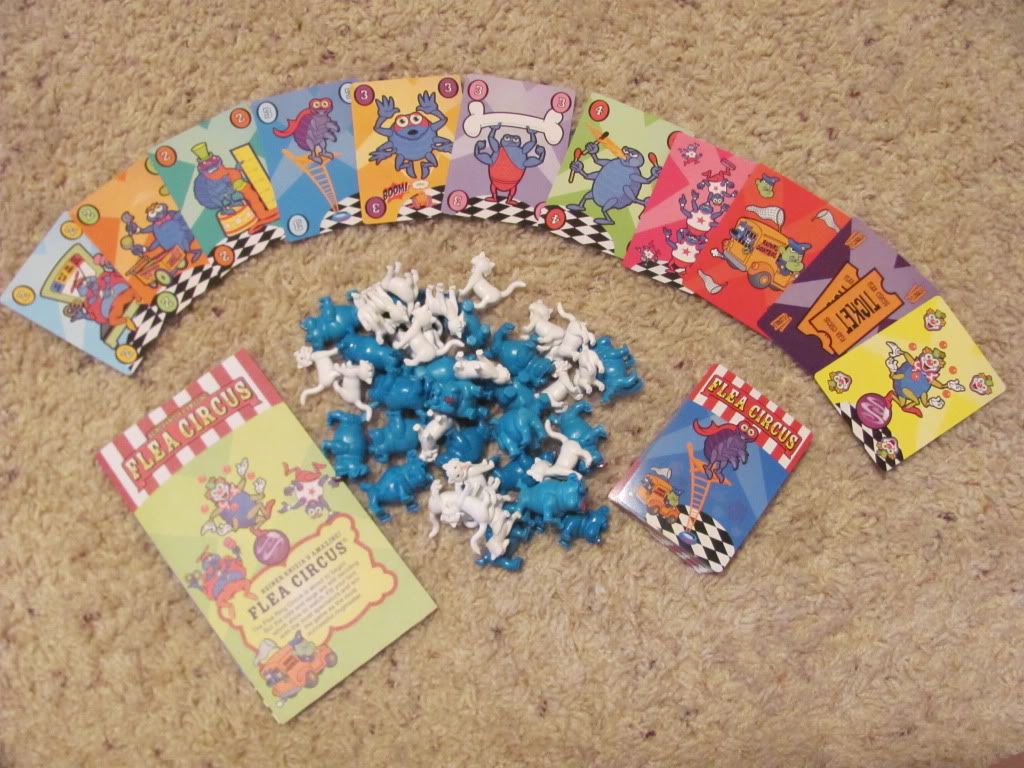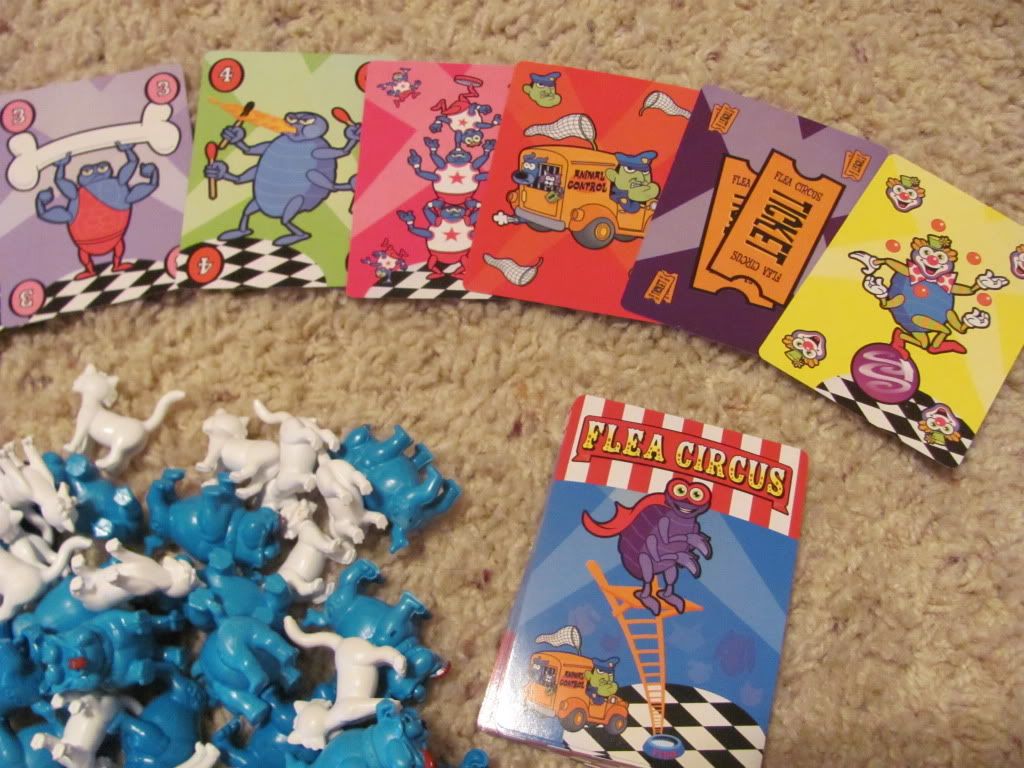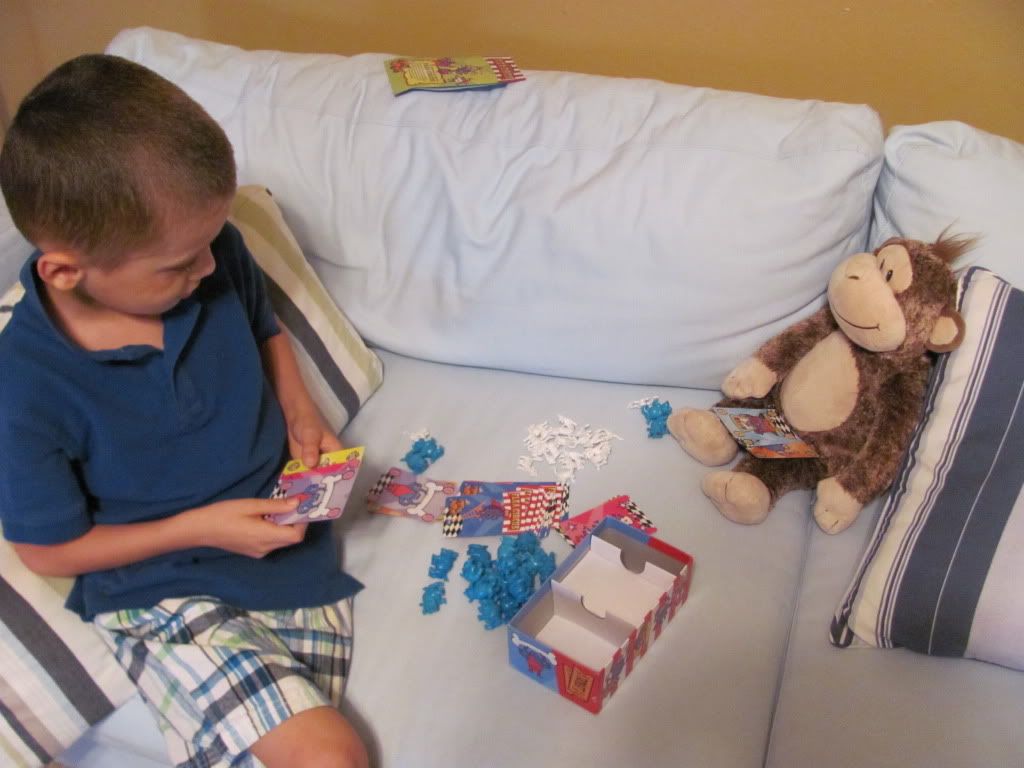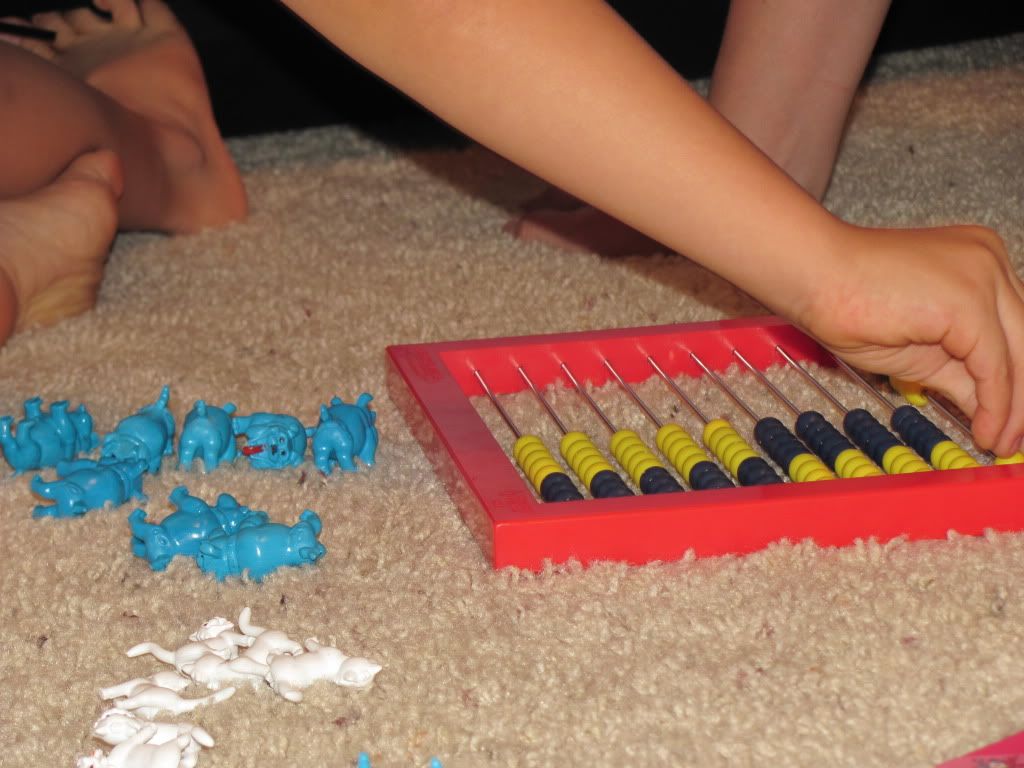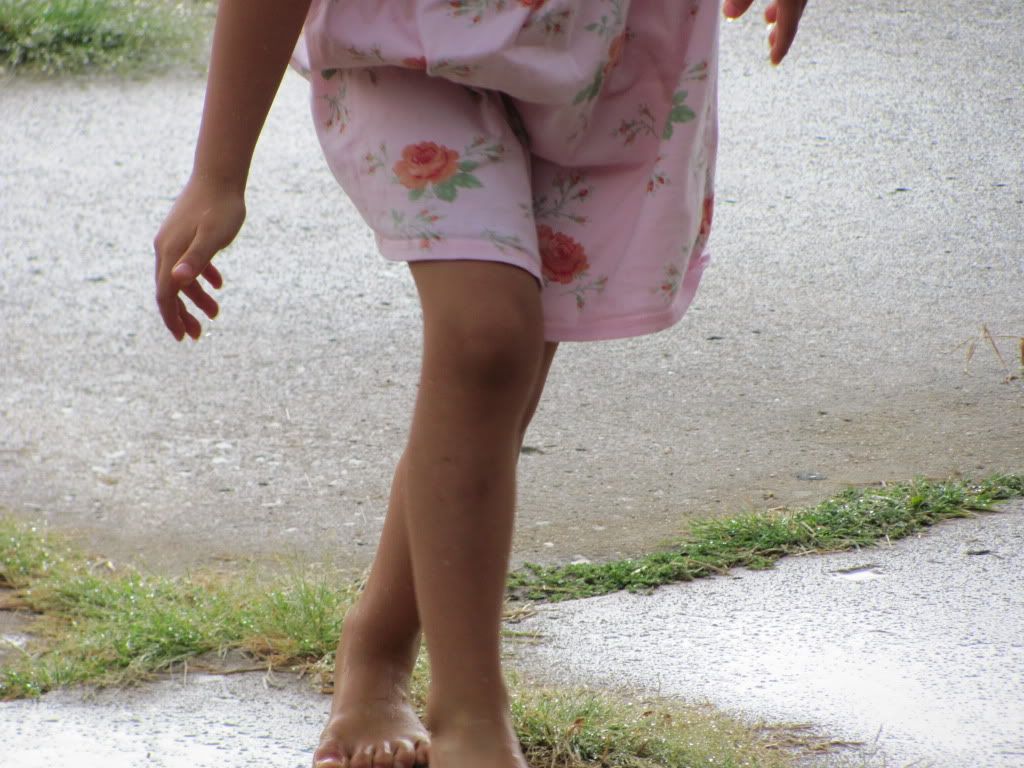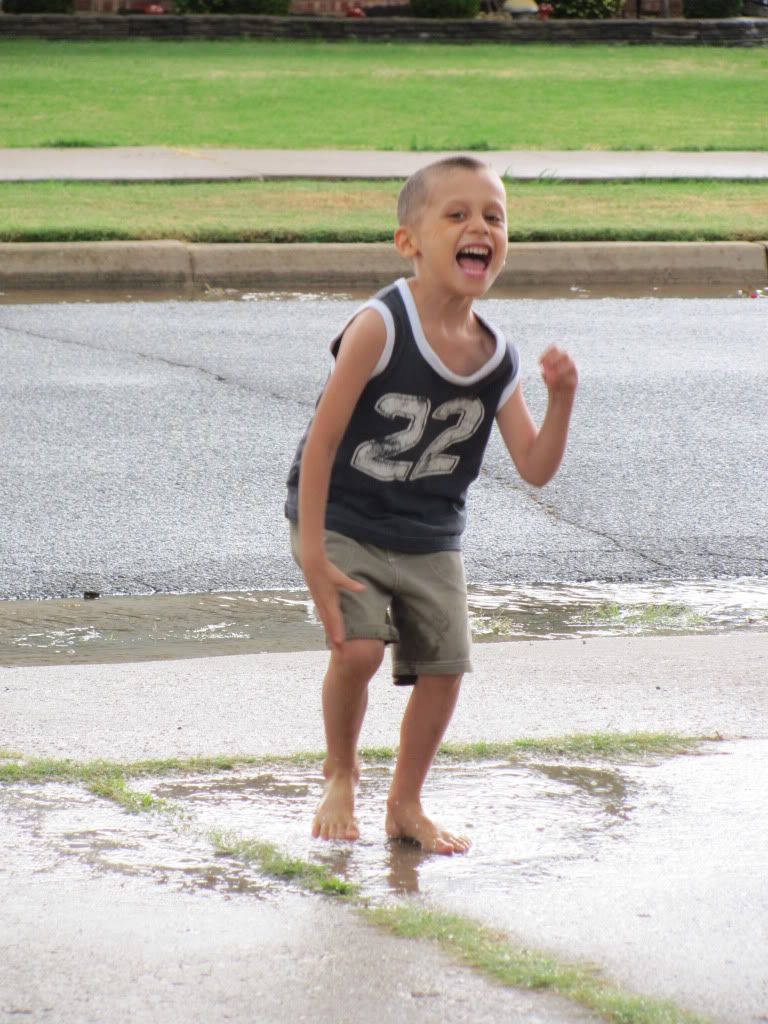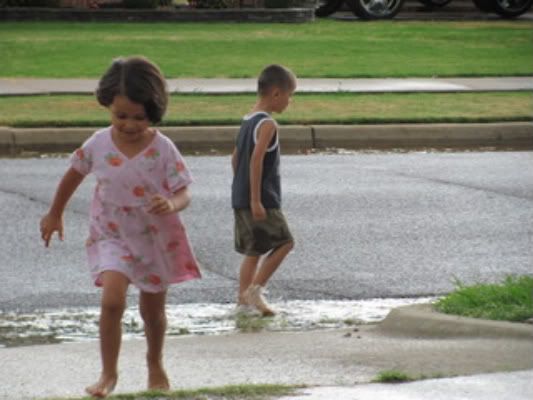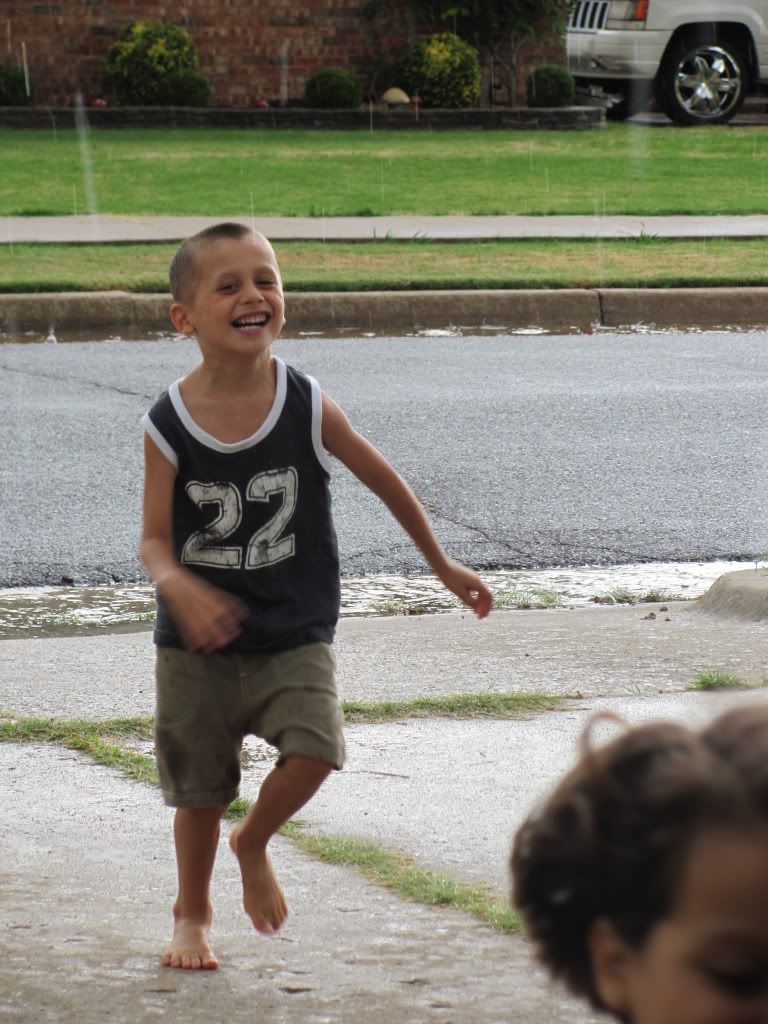
Check out the calm in his face here after organizing his (pre gfcf diet) snack basket for the week.
Perhaps the most difficult part of homeschooling Little Bean is the meltdowns. It's definitely the most difficult part of parenting him. Last time we talked about
sensory issues. Sensory issues only compound and contribute to the meltdown problems. Maybe I should save the worst for last, I don't know, but the truth is, I don't know how many parts will be in this series, since I tend to write as I feel inspired and not to a schedule or plan. So, we'll just address the meltdowns now.
I'll just be honest, Little Bean was a perfect baby, toddler and preschooler. Then, when he turned 4, it was like something inside him just snapped, and the meltdowns began. I can remember being the object of jealousy by all my friends. Not only was Little Bean like the smartest baby ever, he slept through the night, he did not cry when he cut a tooth, his attention span was through the roof, he was "polite" and never hit other babies or toddlers, etc, etc. I used to joke that I could take him to work with me and no one would even know he was there.
The "terrible" twos flew by with nary a meltdown. The threes were more of the same. Sure, there was rising concern that socially he was behind, and perhaps needed more time with other children, but at that point it was only that he seemed extremely shy around others.
Looking back I can see how his "missing" the tantrum milestones should have raised more concern in me. Why didn't he say or do something when other children bullied him? Why did he prefer books over human contact? Why didn't he ask for attention from his parents? Why didn't he assert his will like other children? Why did he run away when other children entered the play area at the park? Why did he cling to my legs when family or friends came to visit? Maybe one of these things would not be a cause for concern, but put them all together and I sometimes feel like I really missed the boat with this one. But, I digress. We'll have to explore that deeper if I end up talking about his social difficulties.
My point is, he was the "perfect" toddler who one day turned into the boy who melts down at the drop of a hat. Part of it is anxiety driven. He has always been an edgy child, kind of wary of new things, and that anxiety seems to have built up in him to where now it's spilling out in the form of meltdowns.
Anxiety and meltdowns together make for a very hard school day. School work is challenging, and there is really nothing that can prevent that. It can be made fun, but for a child who develops anxious feelings when they are in new scenarios, fun isn't so fun, and often, fun leads to meltdowns. I want to talk about two things: first what a meltdown can look like, and second, why a meltdown would occur during school time. Then I want to talk about the ways we are coping with meltdowns at this point in our journey.
1. What a meltdown looks like:
A meltdown is like a tantrum with one big difference; a tantrum is a tool to get what one wants. Once that thing is procured, the tantrum ceases. A meltdown is a reaction to a stressor, and ensues because the person has no other way of expressing their feelings. Long after you have given the child what they want, a meltdown will continue. Because the goal isn't to get what they want. There isn't a goal, a meldown is like heartburn. It's a reaction and it stays with you for a while even after you've taken a few antacids. A meltdown needs plenty of time to wither away, even after the problem has been solved. And a meltdown is more intense than any tantrum you will ever see or hear.
For Little Bean, a meltdown always, always includes crying, usually shouting, and usually some type of sensory-coping behavior (for instance right now he seems fond of quickly opening and closing a door and feeling the rush of wind as he does so repeatedly). Sometimes a meltdown will bring forth aggressive behaviors. Little Bean has thrown pencils, hit, kicked, pushed, scratched, broken things (like crayons for instance) or slammed doors.
2. What causes a meltdown.
For Little Bean meltdowns occur for many, many specific reasons, but I think I can narrow them down into two categories:
--fear of failure (this is the most common school related issue) and
--interruption of perceived plans (this is common in school as well, but not limited to school time)
Here are some for instances for fear of failure or actual failure that can lead to meltdown mode:
--In handwriting, making a letter reversal or other mistake
--In a writing assignment, not knowing what to write about or how to spell what he wants to write
--In math, perceiving that he has too many problems to do, or not being able to instantly understand a problem or concept
--In art, inability to recreate exactly what was shown in the book, or if I insist he try to come up with his own ideas rather than copy, fear of not coming up with an idea or not coming up with one before Miss O
The list goes on, and is only exacerbated by his anxiety. If you have ever had anxiety, you know it's hard to act rational and make good decisions, imagine how difficult it is for a 6 year old with autism to do so without a meltdown.
Here are some for instances for my second category, perceived interruption or change in plans:
The fact is, plans do change. Perhaps we have an appointment or something unexpectedly comes up. Maybe Miss O gave me big problems and her stuff took longer, now Little Bean may not have his school work done when he thought he would. Maybe I didn't have a chance to plan ahead and we are winging our school day. Maybe I call him for school when he'd rather be playing. Maybe he is really into an assignment and we have to stop for one reason or another.
He might start out thinking he likes an assignment only to discover that he doesn't like it and wants to quit. When that's not permitted, we have a meltdown. That's kind of a mix of both categories because he is afraid to fail so he wants to quit, when he isn't allowed to quit (change of plans) he meltdown.
The other category that often causes mini-meltdowns is sensory problems. Sensory problems are like the trigger to having a meltdown in another category. He's working hard to complete a worksheet and is continually distracted by something. Eventually he is going to snap if that noise or movement doesn't stop bothering him. It affects his ability to concentrate and thus he may be afraid to fail, or may want to stop his work because he can't complete it as easily with the distractions. When he isn't allowed to stop, he'll meltdown.
Here's what we're doing to cope:
Give a round of applause because the gluten free, casein free diet gets the award for helping the most with his meltdowns. The longer he is on the diet, the more improvement I see in every affected area. I don't want to sound like it was a cure--it wasn't--but almost 3 months later I am still seeing improvements in his behaviors, including meltdown behaviors and anxiety.
Another approach we have just recently started up again is the Workbox System. A few years ago this system was all the rage, and everyone was doing. Course, I was too. That was when Little Bean was in K. Recently I re-read Sue Patrick's book and decided to try it again. It is a lot of work, but it does eliminate some of the anxiety during school time by giving him really a concrete view of his schoolwork for the day, a definite start and end time, and also frequent breaks from the regular curriculum with the use of centers and technology.
We do use behavioral approaches as well, but I'll be honest and say that I have not seen a ton of improvement from the use of these approaches. When I say behavioral approaches, I mean approaches that seek to modify undesirable behaviors. Although being on the diet has seemed to clear his head enough that he is using his anger cards more or thinking through things before flipping out, I would say this is our least effective approach.
I'll be forthright and just say that prior to the diet, I was really at a loss as a parent and as a homeschooling mom. I wasn't really even sure if I could handle him, and I was terrified that he would be the same way a few years from now and require meds. I am not against meds, but the fact that many of the common ones for behavior modification have not be thoroughly tested on children freaks me out, I'll be honest. The diet has been an answer to prayer really all around, but especially when it comes to the meltdowns and aggressive behavior.
How about you? How do you deal with meltdowns (whether or not your child is autistic)?


















